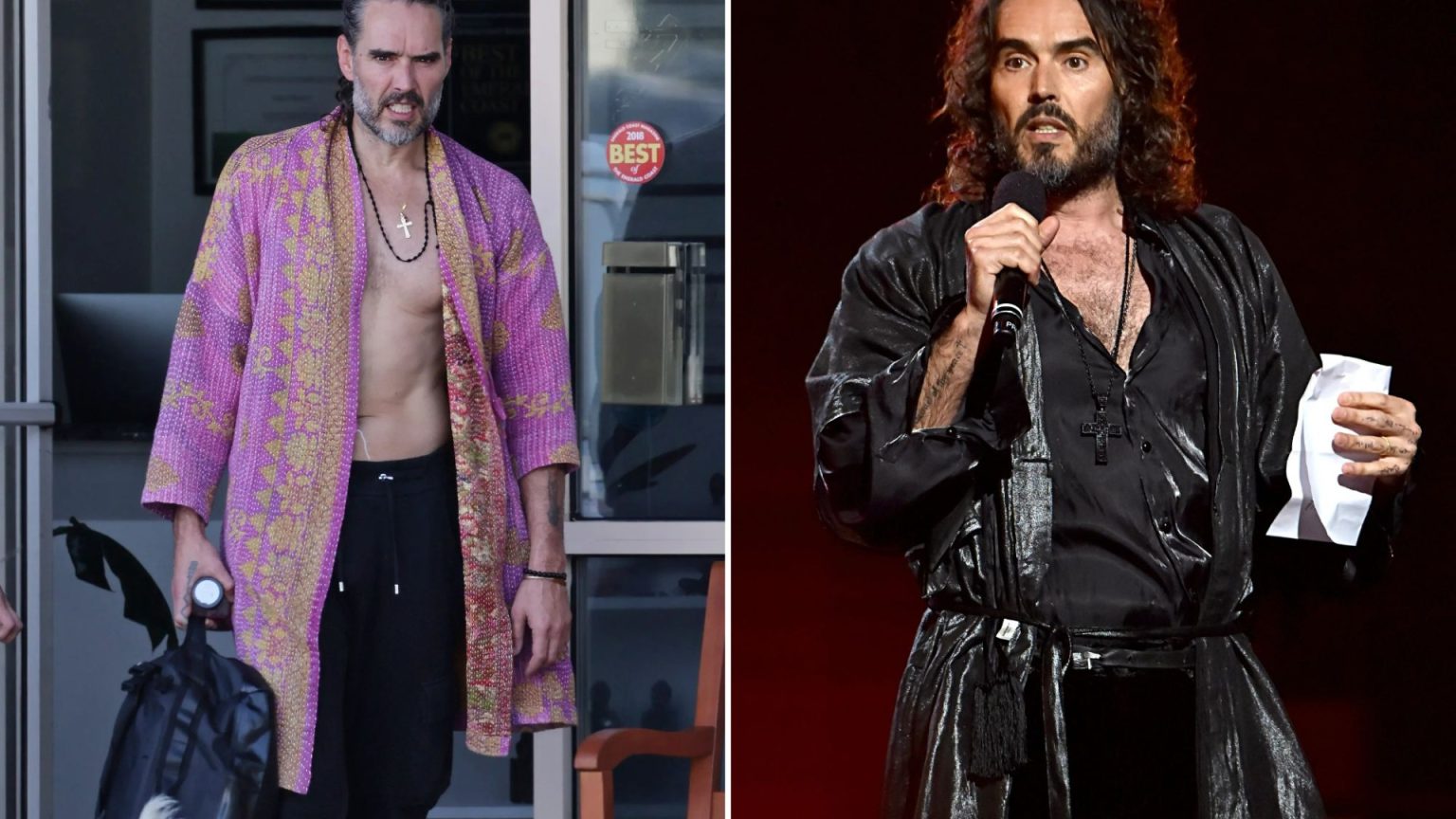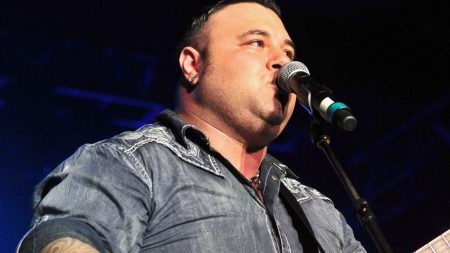Russell Brand, the British comedian and actor, has reportedly relocated to the United States amidst a Scotland Yard investigation into historical allegations of sexual assault. Brand, 49, now resides with his family in a £1.9 million bungalow in Santa Rosa Beach, Florida, a location notably featured in the 1998 film “The Truman Show.” This move, believed to have occurred in the autumn of 2020, pre-dates Donald Trump’s presidential election victory. The relocation has raised concerns regarding potential extradition proceedings should the Crown Prosecution Service (CPS) decide to charge Brand, adding a layer of legal complexity to the ongoing investigation.
The Metropolitan Police completed a 13-month inquiry, prompted by exposés in the Sunday Times and Channel 4’s Dispatches, submitting a comprehensive file of evidence to the CPS in November. Brand has been interviewed under caution three times but vehemently denies any wrongdoing, maintaining that all his sexual relationships were consensual. Should the CPS authorize charges while Brand remains in the US, he could face detention by American authorities under an international arrest warrant, initiated by a formal extradition request from the UK Home Office. This would likely trigger a legal battle, with Brand’s legal team expected to challenge the extradition in US courts.
The situation unfolds against the backdrop of a recent BBC apology to staff members following an internal review into Brand’s conduct during his time as a presenter for BBC Radio 2 and 6 Music. The review, led by Peter Johnston, examined eight complaints spanning from 2006 to 2008, two of which were lodged while Brand was still employed by the BBC. Significantly, only one complaint was formally submitted to the corporation. The review highlighted a pervasive “culture of silence” surrounding Brand’s alleged behavior, noting that staff felt powerless to raise concerns, fearing his influence and anticipating that he would ultimately prevail.
Brand’s move to Florida has marked a significant shift in his life, transitioning from his previous residence in Oxfordshire, UK. He has been spotted in his new surroundings, attending yoga sessions and reportedly frequenting local churches. Neighbors in Santa Rosa Beach have acknowledged his presence, describing him as approachable and often seen in his 4×4 vehicle. This new life, however, remains overshadowed by the serious allegations and the potential legal ramifications he faces. Brand has publicly stated that he feels “attacked” and “shut down” by British authorities, suggesting a contentious relationship that has likely influenced his decision to relocate.
The ongoing investigation and potential extradition proceedings pose significant challenges for both British and American authorities. The complexity of international law and the potential for drawn-out legal battles create uncertainty about the timeline and outcome of the case. Furthermore, the BBC’s internal review and subsequent apology have fueled public debate about the organization’s handling of complaints against high-profile figures and the broader issue of power dynamics within the entertainment industry. The case underscores the importance of robust reporting mechanisms and accountability structures to ensure that allegations of misconduct are thoroughly investigated and addressed.
The allegations against Russell Brand and his subsequent relocation to the US have created a multifaceted and evolving situation with potentially far-reaching consequences. The legal proceedings, whether they involve extradition or not, will likely be closely scrutinized, impacting not only Brand’s personal and professional life but also prompting broader discussions about accountability, power dynamics, and the handling of such sensitive matters within the media and entertainment industry. The case remains a significant development, demanding careful consideration of the legal, ethical, and societal implications involved.











